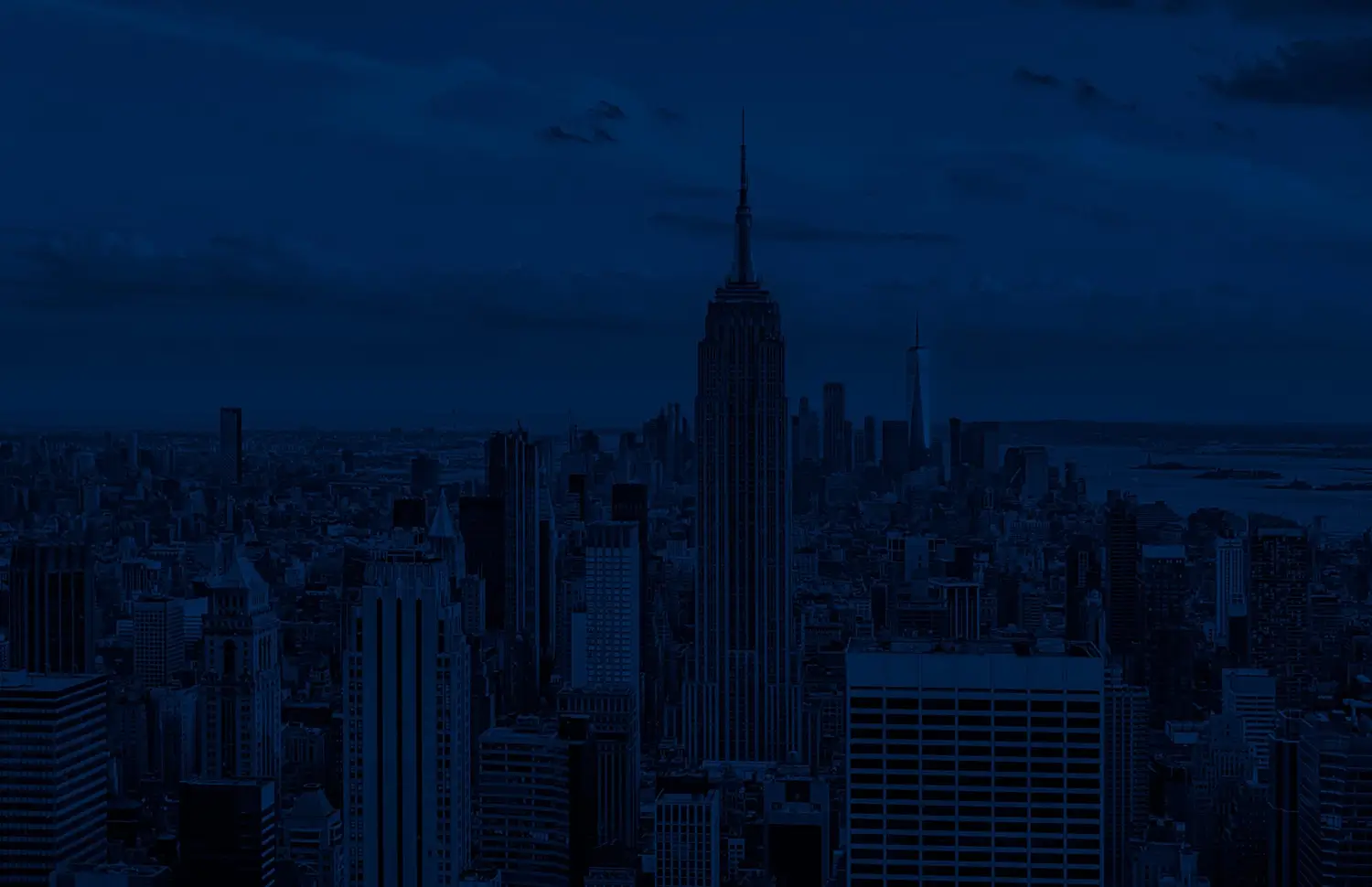The recent outcome in a New York City sexual harassment case demonstrates the multiple legal layers created by federal, state, and local law in the Empire State. As is often the case in sexual harassment suits, the facts in question were far from clear. The events leading up to the lawsuit focused on a young lawyer starting her career who claimed that an established partner in the firm targeted her and others for untoward advances over several months. The events culminated in a holiday party sexual encounter between the new associate and the firm’s rainmaker, the consensual nature of which was heavily disputed.
One out of three?
As is often the case in similar sexual harassment lawsuits, the plaintiff’s complaint alleged violations of federal, state, and New York City law. Since each level of law provides its definition of proscribed conduct, the plaintiff was required to meet different statutory standards to prevail. In this case, the plaintiff was only able to prove her sexual harassment claims under New York City law, failing to meet the criteria under federal and state law, all of which are described in greater detail below.
Federal Sexual Harassment Law: The Civil Rights Act of 1964
Under Title VII of the Civil Rights Act of 1964, among other federal laws, sexual harassment qualifies as sex discrimination when it involves “unwelcome sexual advances, requests for sexual favors, and other verbal or physical conduct of a sexual nature” that “explicitly or implicitly affects an individual’s employment, unreasonably interferes with an individual’s work performance, or creates an intimidating, hostile, or offensive work environment.” Under federal law, the key inquiry is whether the complained-of conduct was severe or pervasive.
New York Law
The state of New York has its own statute under which sexual harassment is illegal. This law defines sexual harassment as “a form of gender-based discrimination … involv[ing] unwelcome sexual conduct that: [i]s used as the basis for hiring or other employment decisions, such as promotions, raises or job assignments; or [c]reates an intimidating, hostile or offensive work environment.”
In addition, sexual harassment is also illegal under the New York City Human Rights Law, which sets a lower bar for employees seeking to prove their cases. Contrary to state and federal law, even behavior that is not severe or pervasive may be deemed sexual harassment under the NYC standard if an individual “has been treated less well than other employees because of her gender.” Under this standard, the employer bears the burden of proving that the offensive behavior wasn’t significant enough to warrant liability.


